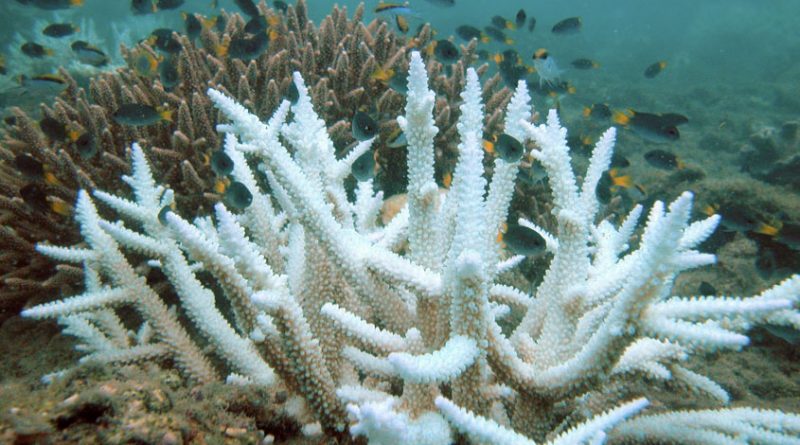Climate Wars and War against Climate Change
‘Climate Wars’ is, unfortunately, a well-known expression. Harald Welzer or Gwynne Dyer have made it clear, evident, a theme for many discussions and, as they say, “Climate Changes can cause War”. I have written before about this and how climate changes are fueling conflicts, poverty, migrations and, even, war (I recommend the new book from Thomas Friedman “Thank you for being late”). Let’s face it, excluding a few (very few) skeptics, “Planet, we have a Problem!”.
First, we must try to stop or, at the very least, to slow down, as much as possible, the effects of climate change
Paris or Kyoto are a public international commitment on that effort. Such an effort depends on the will of the ratifying nations (note the excellent two posts from Monica Canário in this blog), as it is dependent on the will of all of us to change the way we live, how we consume energy, eat food and drink water, how we respect nature and provide resources to keep the Planet alive. Probably it will not be enough and, evidently, there are no international mechanisms to ensure that all that is needed to be done will happen:
It is unrealistic to believe that we are really going to make those deadlines. Maybe if we had gotten serious about climate changes fifteen years ago, or even ten, we might have a chance, but it’s too late now (Gwynne Dyer, 2011, Climate Wars, p. xiv)
That is the most visible aspect of the fight against Climate Change and a lot has been written, filmed and announced of what needs to be done (I highly recommend the series “Years of Living Dangerously”) and so I will concentrate my argument on another – as we say in the military – type of course of action: how to wage War against Climate Change.
We have to prepare for the most probable, as well as for the most dangerous path of climate change
If we fail to stop the effects of climate change by prevention, we will need to find ways to fight, to counter them later as they occur. But only, and I have to stress this argument, for the purpose of buying some time in order to allow the changes in the way we live in our planet to come into being, if we really want to survive. That means defensive and offensive plans and a long-term strategy to stabilize life conditions in our planet for future generations. The only other course of action, as the brilliant Stephen Hawking put it, will be to leave the planet, in which we will only be able to live for 1.000 more years.
By ‘defensive’ I mean ways to store water, food, preserve fertile ground, massive reforestation projects in the tropics, walls to prevent floods, politics to prevent climate refugees, dramatic changes in energy consumption, etc. ‘Offensive’ actions may include high risk approaches through geo-engineering the Planet: high-altitude balloons with sulphur dioxide, diminishing acid sea water with phytoplankton, or even sending sea water bellow stratocumulus (see many different options, and the dangerous of using these methods, in Dyer, 2011: 111, 221, 228, 237 and 248).
But a long term strategy can be found in Elizabeth Kolbert’s bestseller “The Sixth Extintion”:
When a extinction occurs, it takes out the weak and also lays low the strong (…), [in which she concludes] Right now, in the amazing moment that to us counts as the present, we are deciding, without quite meaning to, which evolutionary pathways will remain open and which will forever be closed (Kolbert, 2014, p. 268).
Prevention – as well as a defensive and offensive action – and, essentially, an overall strategy is needed. If we really want, we can be in control and, at least, prepare to go down with a fight. Even if, by any chance, we don’t win now, at least we can allow more and more time for future generations to find a successful strategy. Our future lives depend only in being aware, active, and willing to change our way of working in our common house, our Planet.
Bleached coral, Great Barrier Reef. Photo by Acropora / CC BY 3.0
![]() This work is licensed under a Creative Commons Attribution-NonCommercial-ShareAlike 4.0 International License.
This work is licensed under a Creative Commons Attribution-NonCommercial-ShareAlike 4.0 International License.




